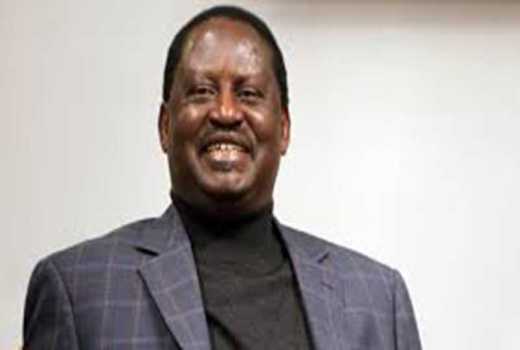×
The Standard e-Paper
Stay Informed, Even Offline

There were unfortunate incidents touching on airport security, international travel procedures, political emotionalism and dethroning or power-grabbing schemes.
The probable victim of the 'dethroning' scheme was former Prime Minister Raila Odinga, whose control of the lakeside people has been hitherto unchallenged.